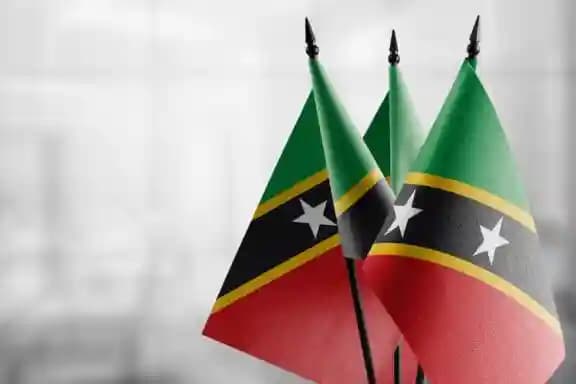Trinidad and Tobago to replace Columbus ships with steelpan on Coat of Arms
During the special convention of the People’s National Movement (PNM), a significant announcement was made that Trinidad and Tobago will shortly change the face of its national coat of arms to steelpan.
19th of August 2024

During the special convention of the People’s National Movement (PNM), a significant announcement was made that Trinidad and Tobago will shortly change the face of its national coat of arms to steelpan.
PM Dr Keith Rowley stated that the three ships of Christopher Columbus which have for many years been part of Trinidad and Tobago’s Coat of Arms will now be replaced by the nation’s best known musical instrument, the steelpan. It is a part of a series that aims to eradicate colonial mileages from national signifiers and to popularize cultural signifiers that are more significant to a nation.
Political leader of the PNM, Rowley said that the legislative amendments which are needed for this change are in the process of being finalized and should be accomplished before Republic Day on September 24.
Thereafter a six-month transition period will be followed where the Columbus ship: the Santa Maria, the Pinta and the Nina will be replaced by the steelpan on all official communications and letterheads.
Rowley in his speech described this change as something more than just altering the country’s national emblem: it is a process of ridding the Trinidad and Tobago of so much post-colonial residue.
The change from the ships to the steelpan – an instrument native to Trinidad that has travelled the world as a representation of the nation, is one with the might to replace colonial achievements with indigenous and national ones.
To these, PM Rowley added the logistical issues of the change, pointing out that with the six months’ timeline implemented, any existing inconvenience can be systematically replaced without undue extra expense.
“But for those organizational reasons that will occur over a six-month period and that will enable us to consume the stationery for instance and other things that we have put in place and then be taken by our new intention”, Rowley added.
The switch already is leading to debates throughout the country, with plenty of people supporting the change as a real step toward embracing a much truer national image. In Trinidad and Tobago dating back to the early 1930s, the steelpan is more than just a musical instrument, it is also the former’s pride and core of the innovation and tenacity.
While the nation gets ready for the change, the presumed slot for steelpans in the coat of arms will indeed be an inspiring icon for Trinidad and Tobago in the transition to deliberate on a future that embraces an original culture that was colonized but never assimilated.
Latest
- National School Meals Programme rejects claims of substandard vegetarian meal in Antigua and Barbuda
-
LIAT Air Expands Caribbean Network with New Routes to Antigua and Montego Bay -
US withdraws advisory on St. Kitts and Nevis, gives green flag to its Citizenship Programme -
CARIFTA Games 2026 set to take place in Grenada from April 4-6 -
West Indies Women’s Cricket team announced for T20 series against Sri Lanka in Grenada
Related Articles



28th of February 2026

27th of February 2026

27th of February 2026

27th of February 2026


